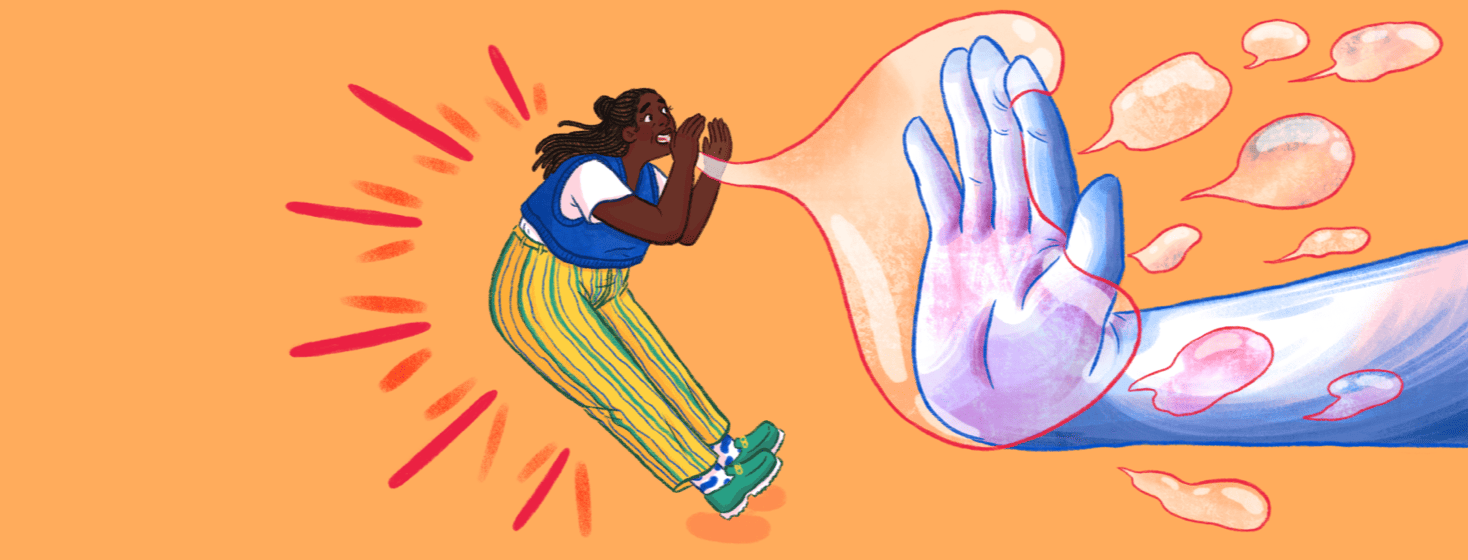Advocating For Your Health Beyond Healthcare Disparities
Have you ever felt like some doctors are not listening to you? Sometimes I feel like they have already judged me before coming through the office doors. Every time it is a slap in the face and makes me uncomfortable. Lupus health disparities make a challenging condition even more so.
Initial diagnosis
At diagnosis, the first doctor I met with told me to just lose weight. But, I was not overweight. I was an athlete who never had weight issues. The second doctor stated, "We don’t see anything on the surface, maybe it’s just stress." All this was said before any blood was drawn or a complete physical exam. One doctor then said, "Sometimes we see this sudden change of health in the African American community because of your lifestyle." I immediately went into protection mode which consisted of me putting all my fears about what was going on aside to advocate for myself.
Advocacy begins with taking charge of the conversation
In my pain, I was led to begin to take control of the conversation. Mainly because I didn’t feel I was getting the correct standard of care. It was all done in a dismissive tone like being passed over as if nothing was wrong. It felt as if every doctor thought it was all in my head before knowing my history. I decided to just run down what my symptoms were. Finally, I just began to say what needed to be done. My husband and I directed them to do all the tests they could find. Starting with a full complete blood work-up. I had never been this sick before. Not knowing what to do, I just knew I needed to be heard and cared for with respect and dignity. I did not want any assumptions I needed answers. This is where the conversation totally changed.
Fighting lupus health disparities
When I was getting diagnosed with lupus, getting simple tests done was pretty difficult. Every professional was sure that what I was experiencing was nothing. After several different doctors and heated conversations, I finally found a doctor that removed any and all biases to give me a firm diagnosis of Rheumatoid Arthritis, and later when my organs became involved, my lupus diagnosis.
It is not new these implicit biases in the African American community. They happen at routine checkups and emergency room visits. In my opinion, many will experience disparities often as they deal with lupus because it has been so ingrained in healthcare systems. It is no secret that socioeconomic issues, as well as education and lack of quality healthcare, has created huge disparities in healthcare.
It is so important to me to be my own best advocate beyond the disparities. Sometimes it takes time to look beyond the fear of being misunderstood and get to the point of being heard and treated fairly. It has been hard, but I learned to work for myself to be treated wholly and efficiently without judgment and biases.
Have you experienced lupus health disparities? Let me know in the comments. How did you handle the biases and what do you do to keep your cool when you see them?

Join the conversation